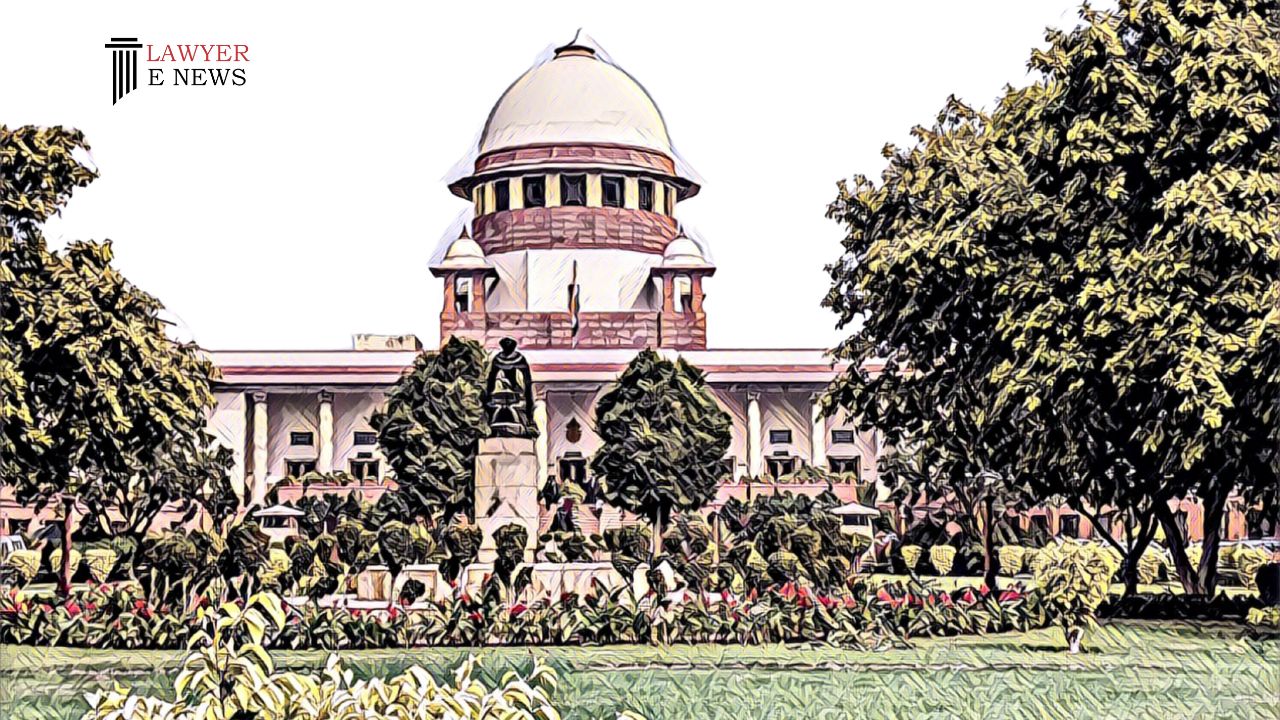-
by Admin
16 February 2026 1:47 PM



The Supreme Court, in a recent judgment, has modified the sentence of a doctor convicted under the Drugs and Cosmetics Act, 1940. The Court observed that the intent to sell or distribute was unproven and hence, imprisonment was deemed unjustified. Instead, a fine was imposed, reflecting a nuanced approach to sentencing.
The case involved Dr. Palani, who ran a clinic that was inspected by state officials on October 13, 2015. The inspection uncovered 29 types of allopathic medicines being held without proper licensing. The prosecution was based on these findings, leading to the doctor's conviction for offenses under Sections 18(c) and 18(A) of the Drugs and Cosmetics Act.
The key legal issue revolved around whether the medicines were possessed for the purpose of sale/distribution. The lower appellate court, while setting aside the conviction under Section 18(c), upheld the conviction under Section 18(A) based on non-disclosure of the manufacturer’s name. The Supreme Court's re-evaluation focused on the nature of the offense and the background of the appellant. The Court noted that there was no evidence of the drugs being sold and that non-disclosure of the manufacturer’s name for a small quantity of medicines did not significantly endanger public interest.
Acknowledging the appellant's profession as a doctor and the minor nature of the offense, the Supreme Court set aside the sentence of imprisonment. The Court imposed a fine of Rs. 1,00,000, stating that imprisonment would be unjustified under the circumstances.
Palani Vs. The Tamil Nadu State,
Date of Decision: 14th February 2024,
